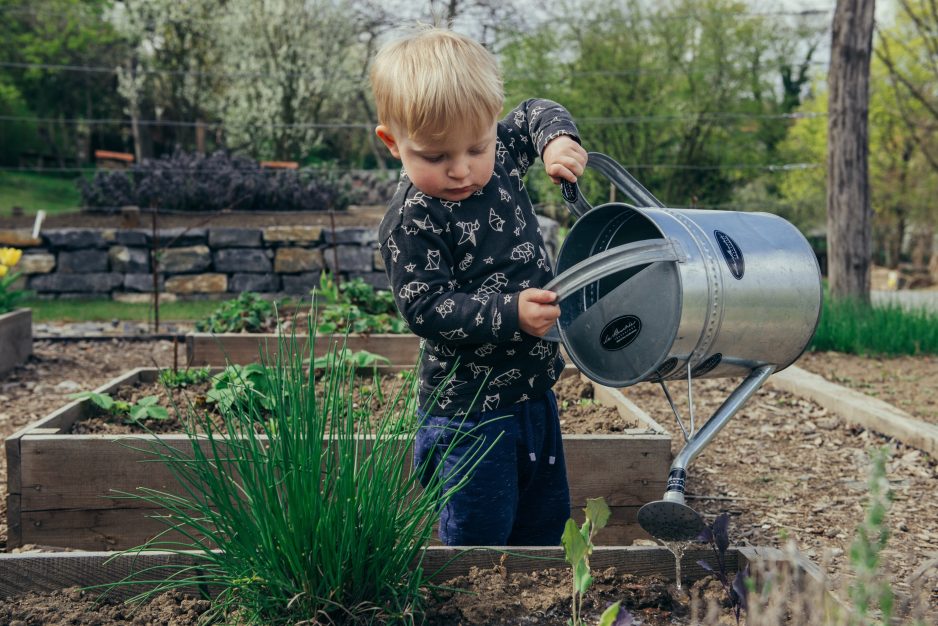
Gardening is an important activity that has many benefits for individuals and communities. It allows people to connect with nature, provide healthy and fresh produce, and beautify their surroundings.
Gardening can also be a therapeutic activity that promotes relaxation and reduces stress. Additionally, it can help to improve air and water quality and provide a habitat for wildlife. Overall, gardening is an important activity that can have positive impacts on both individuals and the environment.
Overwatering
Overwatering is one of the most common mistakes gardeners make. While plants need water to survive, too much water can be harmful. Overwatering can lead to root rot, which can cause the plant to wilt and eventually die. Signs of overwatering include yellowing leaves, moldy soil, and a foul smell.
To avoid overwatering, it’s important to check the soil moisture level before watering. Stick your finger in the soil about an inch deep. If it feels dry, it’s time to water. If it feels moist, wait a few days before watering again. It’s also important to use well-draining soil and pots with drainage holes to allow excess water to escape.
Underwatering
While overwatering can harm your plants, underwatering can be just as damaging. When plants don’t receive enough water, they can become dehydrated and wilt. Signs of underwatering include dry soil, brown and crispy leaves, and a drooping appearance.
To avoid underwatering, make sure to water your plants regularly. Depending on the plant, this may mean watering every day or every few days. It’s also important to check the soil moisture level and adjust your watering schedule accordingly.
Poor Soil Quality
Plants rely on the nutrients in the soil to grow and thrive. Poor soil quality can lead to stunted growth, yellowing leaves, and even death. Signs of poor soil quality include compacted soil, nutrient deficiencies, and pH imbalances.
To improve soil quality, it’s important to amend the soil with organic matter such as compost or manure. This will help to loosen the soil and provide the necessary nutrients for plants to grow. It’s also important to test the soil pH and adjust it if necessary.
Lack of Sunlight
Plants need sunlight to photosynthesize and produce energy. Without enough sunlight, plants can become weak and may eventually die. Signs of lack of sunlight include pale leaves, slow growth, and leaning toward the light source.
To provide enough sunlight, it’s important to place your plants in an area with adequate light. This may mean placing them near a window or outside in direct sunlight. If your plants aren’t receiving enough sunlight, consider using artificial grow lights to supplement their light source.
Improper Pruning
Pruning is an important part of gardening as it helps to shape the plant and promote healthy growth. However, improper pruning can harm the plant and even kill it. Signs of improper pruning include uneven growth, stunted growth, and brown or wilted leaves.
To avoid improper pruning, it’s important to use sharp and clean pruning tools. Make sure to prune at the right time and to the right length to avoid damaging the plant. It’s also important to prune only the necessary branches and not to remove too much foliage.
Conclusion
gardening is an important activity with many benefits for individuals and communities. However, there are common mistakes that gardeners can make that can harm their plants. Overwatering and underwatering can both be harmful to plants, so it’s important to check the soil moisture level and adjust watering accordingly.
Poor soil quality can also harm plants, but it can be improved with the addition of organic matter and testing and adjusting the soil pH. Lack of sunlight can weaken plants, so it’s important to place them in an area with adequate light or use artificial grow lights. Improper pruning can also harm plants, so it’s important to use sharp and clean pruning tools, prune at the right time and length, and not remove too much foliage.
